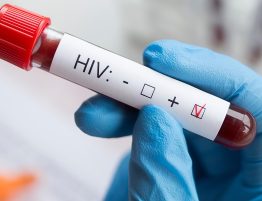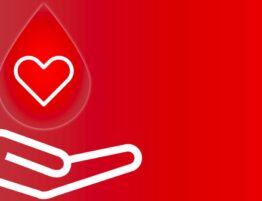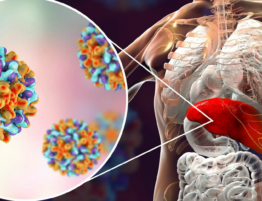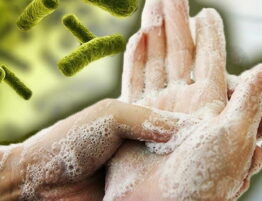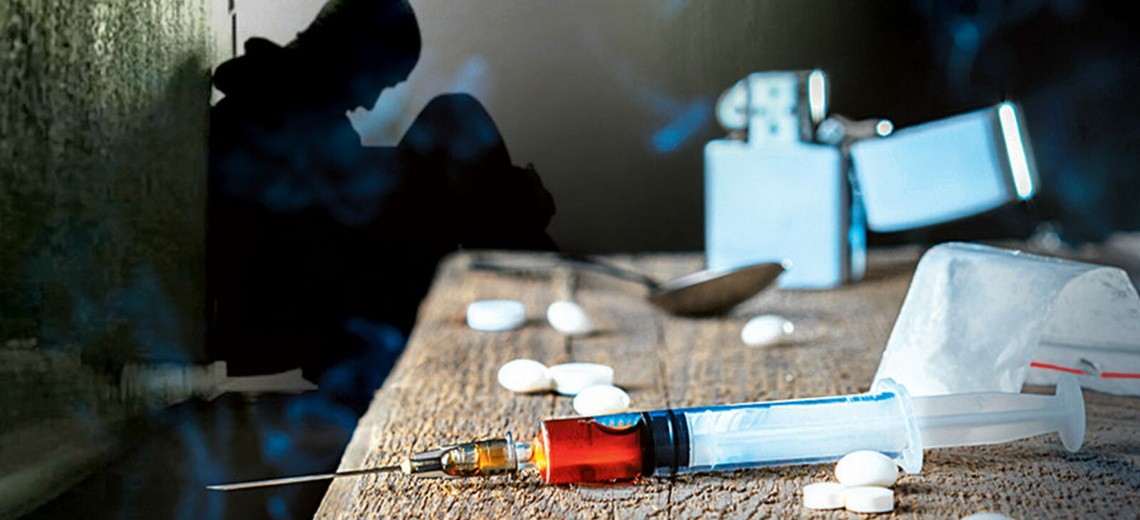
As you can see from life, drug addiction is a slow path to death. In a person addicted to drugs, almost all vital systems of the body suffer. He loses his physical health, his perception of the world is distorted, his psyche is deformed, and he loses his ability to work. However, that’s not all. Drug addicts are exposed to another terrible danger – HIV infection.
What is HIV infection?
HIV infection is an infectious disease caused by the human immunodeficiency virus (HIV).
HIV attacks the human immune system, causing various diseases to develop.
AIDS – acquired immunodeficiency syndrome – is the last stage of HIV infection.
To date, there are no effective treatments for this disease. Only understanding the problem and safe behavior can preserve health.
HIV is transmitted:
- during sexual contact with an infected partner;
- when using non-disinfected syringes and needles;
- from an HIV-infected mother to a child during pregnancy and childbirth, breastfeeding;
- through non-disinfected instruments for shaving, manicure and other hygiene procedures.
When using drugs intravenously, HIV infection occurs:
- through a common syringe and needle;
- through a common container when taking the drug;
- through a common container when washing the needle and syringe;
- through the sharing, including reuse, of filters for filtering solutions;
- when using dirty syringes in the manufacture, packaging and division of drugs into doses;
- in the artisanal preparation of narcotic drugs, when the manufacturer’s blood, often already contaminated, is added to “purify” them.
HIV is not transmitted:
- with generally accepted forms of greetings (handshakes, friendly kisses, hugs);
- through dishes, clothes, linen and other household items;
- airborne droplets (when coughing and sneezing);
- when visiting a swimming pool, shower, sauna, toilet;
- for insect bites.
How can HIV be detected?
HIV can live in the body for a long time before any symptoms appear. Often people living with HIV feel well during this time and do not even suspect that the virus is in their body. The only way to identify the disease is to undergo testing for the presence of specific antibodies to HIV in the blood.
In response to the penetration of HIV, antibodies to this virus begin to be produced in the blood. They can be identified no earlier than 3-6 months. Therefore, it is recommended to test for antibodies to HIV 3-6 months from the moment of suspected infection. During this period, an infected person can already transmit HIV to other people under certain conditions.
Anonymous and voluntary HIV testing can be done at a local clinic during opening hours of treatment rooms on weekdays.
To reduce the risk of contracting HIV infection, you must:
- have a permanent, reliable sexual partner;
- use condoms during sexual contact;
- abandon the practice of sharing drugs;
- refuse to share syringes and needles;
- use only an individual syringe and needle;
- use a new syringe and a new disposable needle each time;
- do not use other people’s instruments (viruses can be in a syringe, jar, spoon, cotton wool, filter, any utensils and water – in anything where someone else’s blood could get);
- do not use the solution from a common container from which several people take the drug with their own syringes;
- only use a clean filter each time;
- do not use the ready-made solution filled into syringes, it is possible that it is all already infected with HIV and hepatitis viruses;
- before injection, it is necessary to boil all equipment for preparing the solution.
A person in whose blood HIV has been detected, first of all, for the sake of his own health and for the sake of his own life, is obliged to follow all the “safety precautions” rules received during consultation with a doctor. An HIV-infected person needs to learn that his body is extremely vulnerable and susceptible to any infectious diseases. Now he himself is not as dangerous to others as those around him are dangerous to him.
If you have a problem with drug addiction, you can contact the anonymous advisory center at the address: Brest, pl. Svobody, 5, tel. (0162) 53-96-82.
If you want to know more about HIV infection, please contact:
- Department for the Prevention of HIV Infection of the State Institution “Brest Regional Center for Hygiene, Epidemiology and Public Health”: Brest, Svobody Square, 8, room. 3, tel. (0162) 20 75 89, (0162) 20 75 86;
- consultative and dispensary office of the Brest Regional Consultative Clinic of the Brest Regional Hospital: Brest, st. Meditsinskaya, 5, 4th floor, room. 419, tel. (0162) 27 21 99.
The test results obtained, as well as a conversation with a doctor, will help you make the right decision regarding your health and future life.
Ministry of Health of the Republic of Belarus. State Institution “Brest Zonal Center for Hygiene and Epidemiology”, 2015


